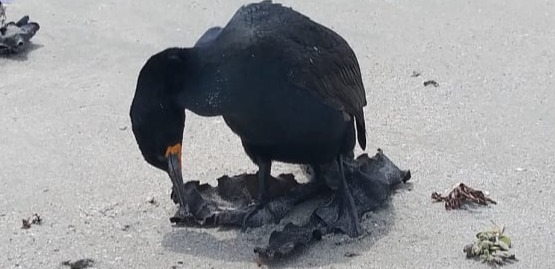
Cape Cormorant (credit: SANCCOB)
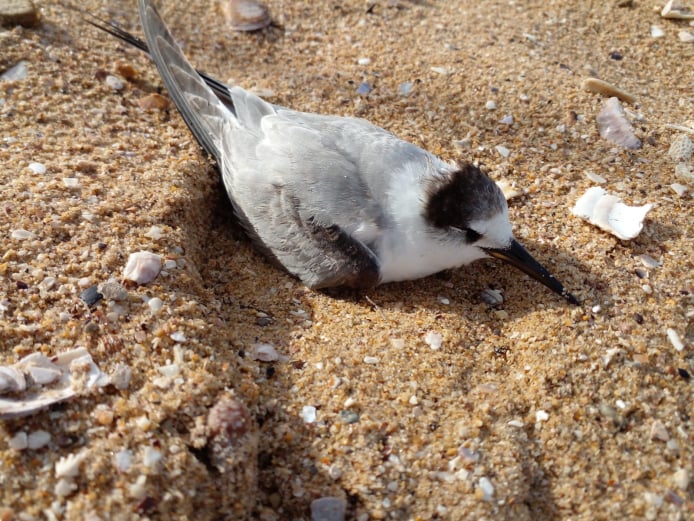
Common Tern (credit: SANCCOB)
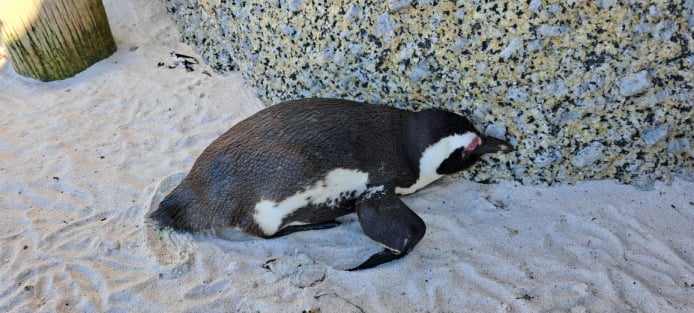
African Penguin (credit: SANCCOB)
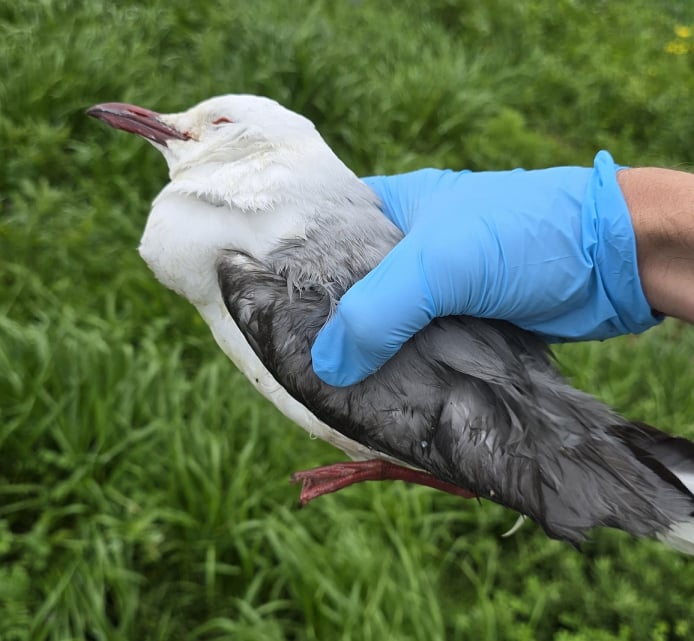




SANCCOB
Cape Town: 021 557 6155 / 078 638 3731 (after hours)
Gqeberha: 041 583 1830 / 064 019 8936 (after hours)
reception@sanccob.co.za
African Penguin and Seabird Sanctuary
Gansbaai/ Hermanus: 072 598 7117
apss@dict.org.za
SAPREC
Mossel Bay: 082 364 3382
info@saprec.co.za
Tenikwa
Plettenberg Bay: 082 486 1515
info@tenikwa.co.za
CROW (Sea birds excluding penguins)
Umkomaas to Northern KZN: 031 462 1127 / 031 469 0583
After hours: 083 212 5281
info@crowkzn.co.za
SCAR (Sea birds excluding penguins)
Umkomaas to Southern KZN : 083 246 6765
admin@scar-rescue.co.za
Ushaka Seaworld (Penguins only)
KZN coast: 031 328 8222
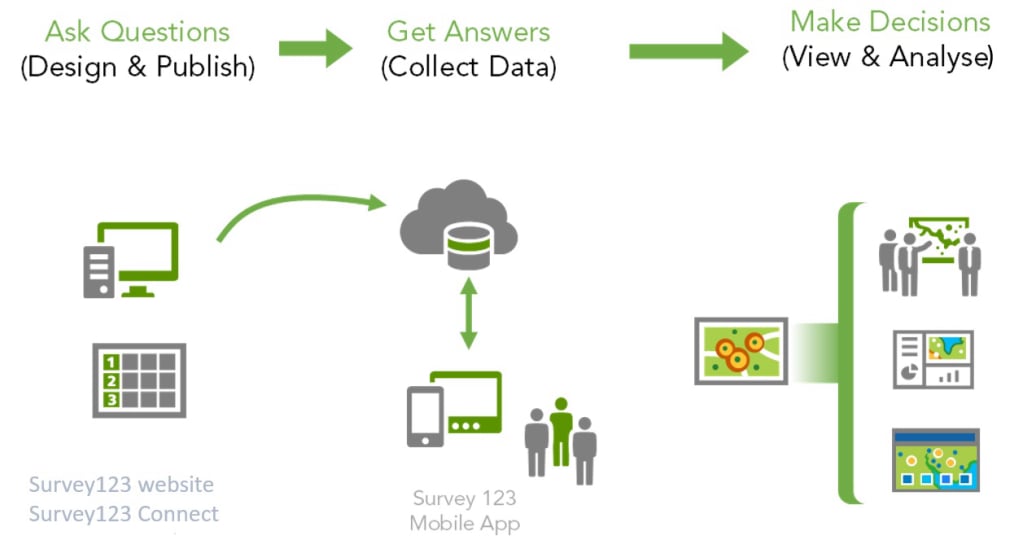
The data flow process (Source: ESRI, 2019)
The OCIMS team, being active participants in various working groups, was a approached for a technological solution to assist in the data capture and data visualisation processes pertaining to the avian influenza outbreak in 2021. The SA seabird bird flu (avian influenza) form was subsequently developed with the intention of serving as a data capture tool and facilitating the immediate visualisation and interrogation of data. The form itself is accessible via the Survey123 application or a web browser. The immediate benefit of the form-based interface is having a standardised means of data capture, eliminating the need for manual standardisation and consolidation. The form submits data from all users to a centralised (geo)database managed by the OCIMS team, which is then pushed to a dashboard and webmap for visualisation. During the 2021 avian influenza outbreak, a multitude of stakeholders, including officials based in government departments, parastals/entities and NGOs were trained in the use of the form.

Free AI Website Creator